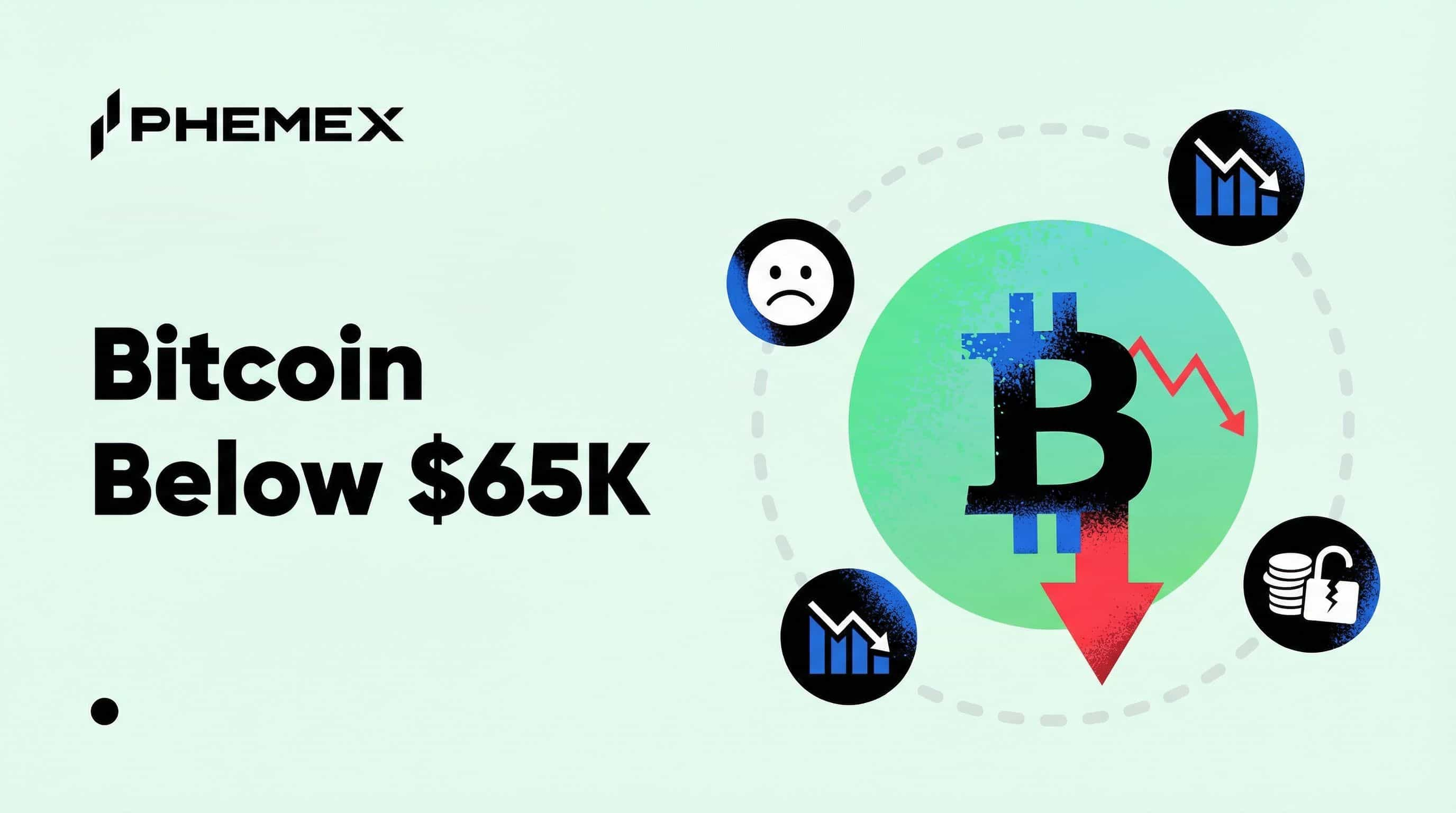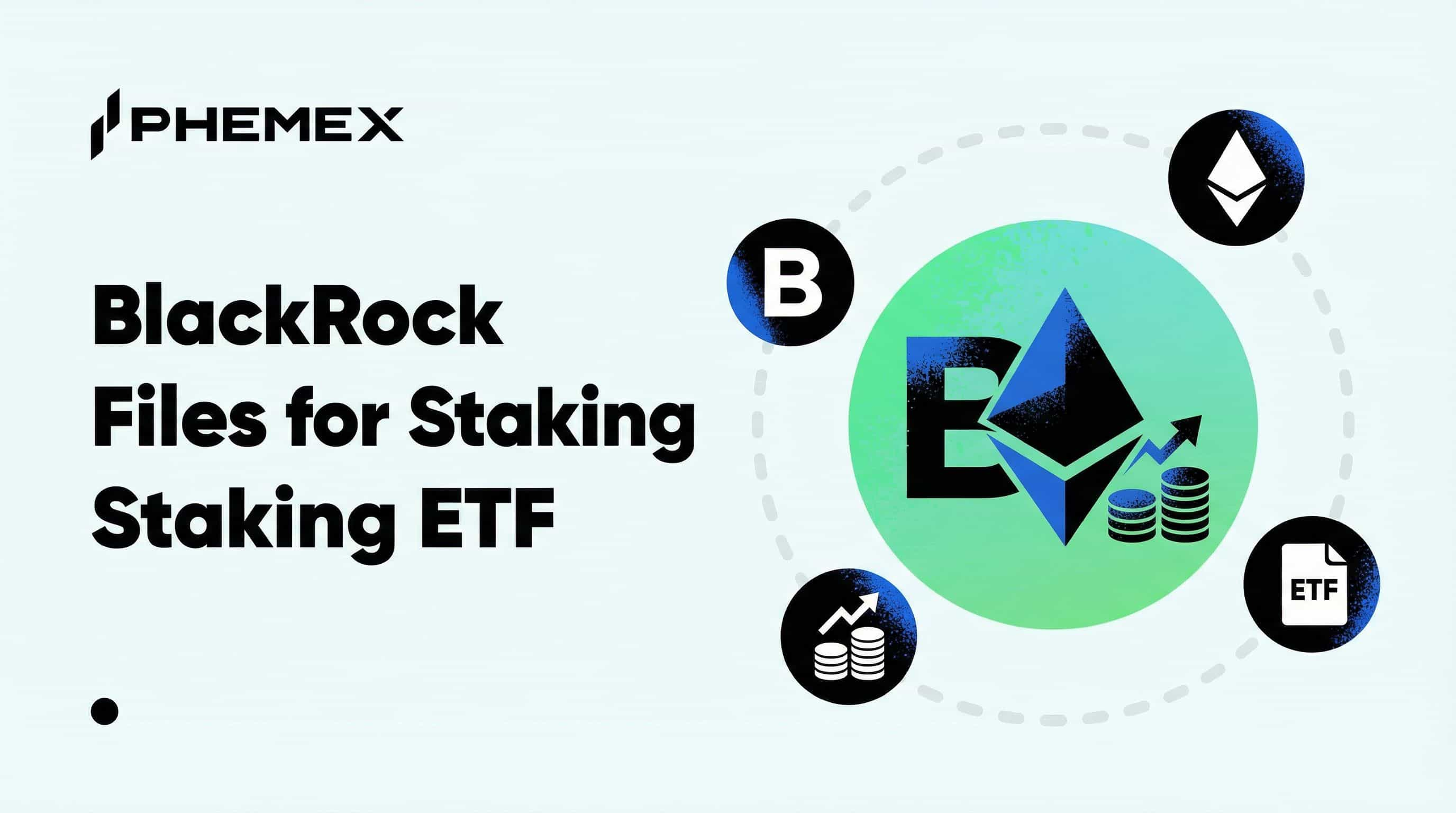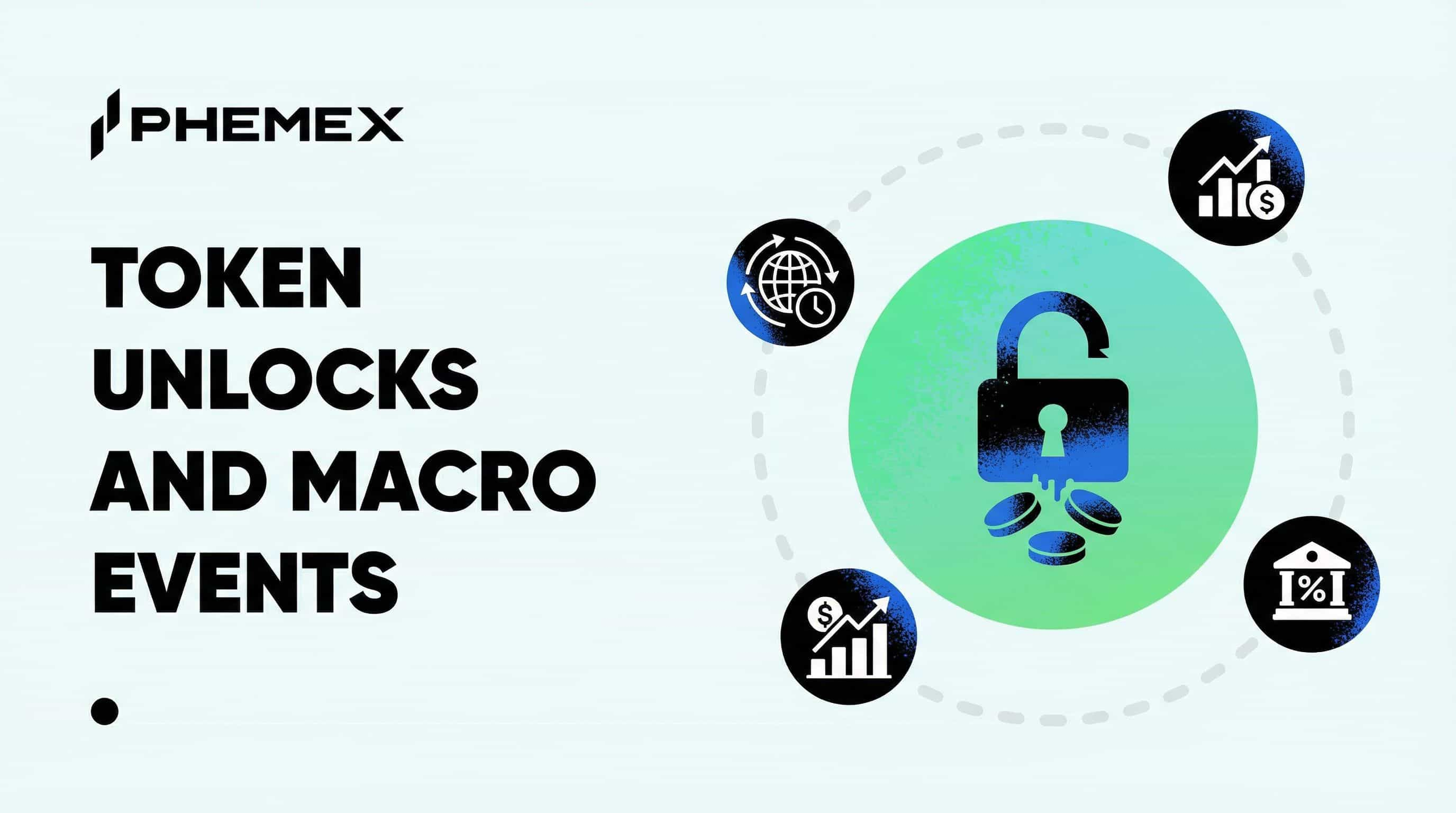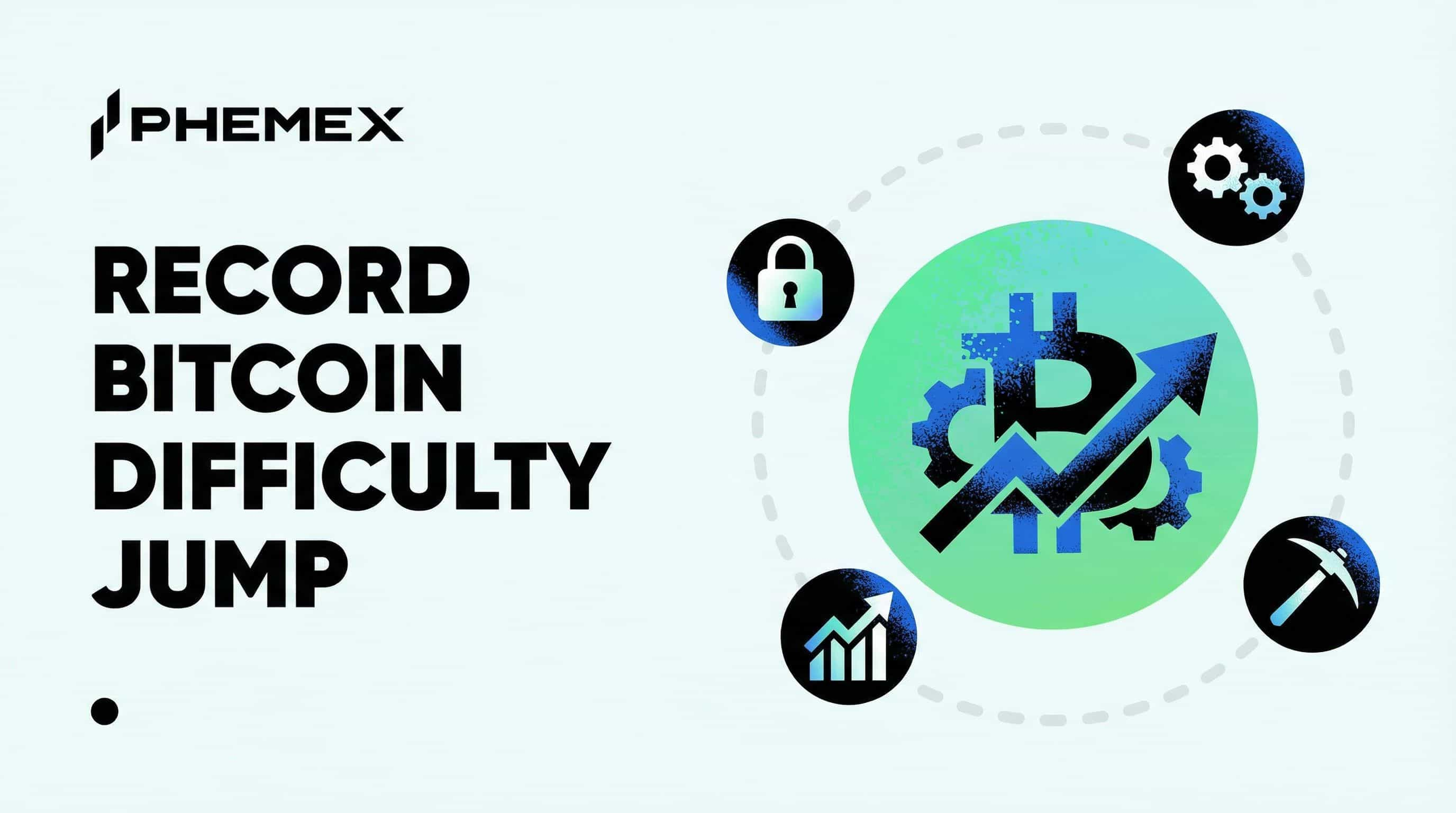So, you’ve joined the Shibes and bought some Dogecoin. Welcome to the crew. Whether you’re planning to HODL to the moon or use your DOGE for tipping and payments, you’ve hit the most critical step in your crypto journey: securing your assets. Leaving your coins on an exchange is convenient, but it comes with a major risk—if you don't control the keys, you don't truly own your crypto.
Choosing the right Dogecoin wallet is the single most important decision you'll make to protect your investment. But with hundreds of options, from ultra-secure hardware devices to convenient mobile apps, how do you choose?
This is your definitive guide. We have meticulously researched, tested, and reviewed the best Dogecoin wallets on the market for 2025. We’ll break down the different types of wallets, review the top contenders in each category, and give you a clear framework for choosing the perfect one based on your specific needs—whether you're a long-term investor, a daily trader, or a complete beginner.
Our Top Picks for 2025 at a Glance:
- Best Overall for Security: Ledger Nano S Plus (Hardware)
- Best for Functionality & Features: Trezor Model T (Hardware)
- Best for Desktop & Beginners: Exodus Wallet (Software)
- Best for Mobile Users: Trust Wallet (Software)
Best for DOGE Purists: Dogecoin Core (Software)
First, What Exactly is a Dogecoin Wallet?
Before we dive into reviews, let's clarify what a wallet is. A Dogecoin wallet doesn't physically "store" your coins. Your Dogecoin always exists on the Dogecoin blockchain—a public, distributed ledger.
A wallet is a digital tool that stores your private keys and public keys, allowing you to interact with the blockchain.
-
Public Key: Think of this as your bank account number. You can share it freely with others to receive DOGE. It generates a public address for each transaction.
-
Private Key: Think of this as your bank account password and PIN combined. It gives you—and only you—the authority to access and send your Dogecoin. You must never share your private key with anyone.
The core principle of crypto self-custody is: Not your keys, not your coins. The primary job of a good wallet is to keep your private keys safe.
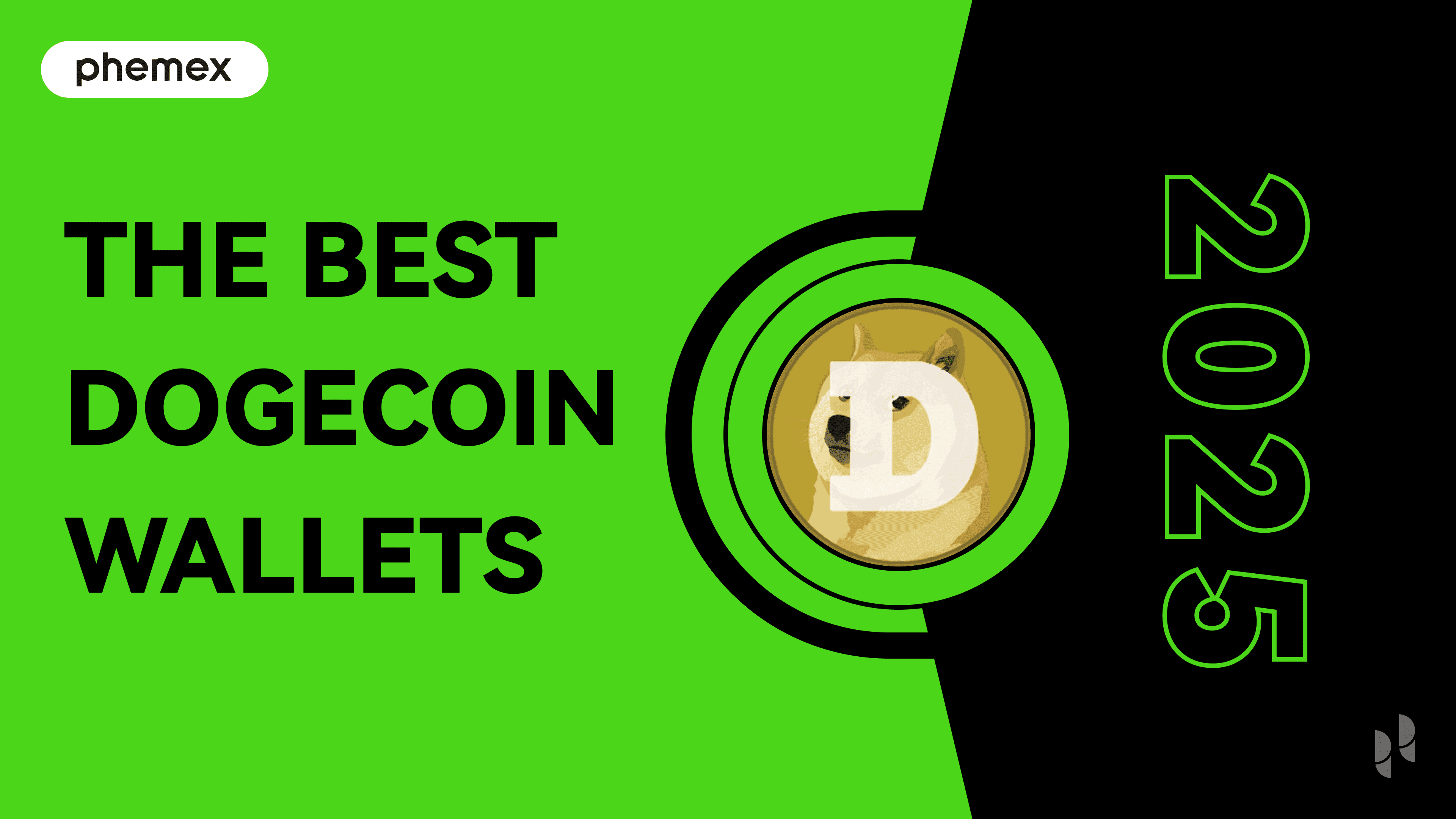
The Main Types of Dogecoin Wallets: Hot vs. Cold
All wallets fall into two main categories: hot wallets and cold wallets.
Hot Wallets (Software & Web Wallets)
A "hot" wallet is any wallet that is connected to the internet. This includes desktop applications, mobile apps, and web browser extensions.
- Pros: Highly convenient for frequent transactions, often free, and very user-friendly.
- Cons: Because they are online, they are more vulnerable to hacking, malware, and phishing attacks.
- Best for: Small amounts of DOGE that you plan to actively trade or spend.
Cold Wallets (Hardware & Paper Wallets)
A "cold" wallet is a physical device or medium that stores your private keys completely offline. Hardware wallets are the most popular and secure form of cold storage.
- Pros: The highest level of security available. Your private keys never touch an internet-connected device, making them immune to online threats.
- Cons: They cost money (typically $60-$200) and are slightly less convenient for making quick transactions.
- Best for: The majority of your holdings, especially if you are a long-term investor (HODLer).
| Feature | Cold Wallet (Hardware) | Hot Wallet (Software) |
| Security | Maximum | Good, but vulnerable |
| Connectivity | Offline | Online |
| Best For | Long-term HODLing, Large Amounts | Frequent Trading, Small Amounts |
| Cost | $60 - $200+ | Usually Free |
| Convenience | Less convenient for quick access | Very convenient |
| Examples | Ledger, Trezor | Exodus, Trust Wallet |
The Best Hardware Wallets for Dogecoin (Maximum Security)
If you are serious about protecting your Dogecoin, a hardware wallet is not a luxury—it's a necessity. It is the gold standard for crypto security.
1. Ledger Nano S Plus
Best for: Overall value and robust security.
The Ledger Nano S Plus is arguably the most popular hardware wallet in the world, and for good reason. It hits the perfect sweet spot between affordability, ease of use, and top-tier security. It uses a certified Secure Element (SE) chip, the same kind used in high-security applications like passports and credit cards, to store your private keys.
Pros:
-
Airtight Security: Your keys never leave the Secure Element chip, even when you sign a transaction.
-
Affordable: Offers industry-leading security at an entry-level price point.
-
Supports Thousands of Coins: You can manage your Dogecoin alongside Bitcoin, Ethereum, and over 5,500 other assets.
-
User-Friendly Interface: The Ledger Live app for desktop and mobile makes managing your portfolio simple and intuitive.
Cons:
-
Small Screen: Navigating on the device itself can be slightly cumbersome compared to more expensive models.
-
No Bluetooth: Requires a USB-C cable to connect to your computer or Android phone (not directly compatible with iPhones).
The Verdict: For the vast majority of Dogecoin holders, the Ledger Nano S Plus is the perfect choice. It provides uncompromising security without breaking the bank. It is the most sensible investment you can make to protect your DOGE.
-
Official Website: Ledger.com
2. Trezor Model T
Best for: Advanced functionality and a premium user experience.
The Trezor Model T is Ledger's primary competitor and a phenomenal device in its own right. It boasts a large, full-color touchscreen, which makes on-device verification and password entry incredibly intuitive and secure. Unlike Ledger, Trezor’s software is fully open-source, which is a major draw for security purists who want to be able to verify the code themselves.
Pros:
-
Large Color Touchscreen: Drastically improves usability and makes it easier to verify addresses and transaction details directly on the device.
-
Fully Open-Source: Offers maximum transparency for those who want to audit the device's firmware and software.
-
Top-Notch Security: While it doesn't use a Secure Element, its security architecture is battle-tested and highly respected.
-
Direct On-Device Passphrase Entry: An extra layer of security that you can type directly on the touchscreen, protecting you from keyloggers on your computer.
Cons:
-
More Expensive: It comes with a premium price tag compared to the Ledger Nano S Plus.
-
Build Material: The plastic casing feels slightly less premium than Ledger's stainless-steel shell.
The Verdict: If you are a power user who values an exceptional user experience, wants the transparency of open-source code, and is willing to pay a premium for it, the Trezor Model T is an outstanding choice for storing your Dogecoin.
-
Official Website: Trezor.io
The Best Software Wallets for Dogecoin (Convenience & Ease of Use)
Software wallets are perfect for beginners and for managing smaller amounts of DOGE that you want to access quickly.
1. Exodus Wallet
Best for: Desktop users and beginners seeking a beautiful, all-in-one experience.
Exodus has long been a favorite in the crypto community for one simple reason: its user interface is absolutely beautiful and incredibly intuitive. It's a non-custodial software wallet for desktop and mobile that supports hundreds of cryptocurrencies, including Dogecoin.
Pros:
-
Stunning User Interface: Easily the best-designed wallet on the market, making it perfect for beginners.
-
Multi-Asset Support: Manage all your crypto, including DOGE, in one place.
-
Built-in Exchange: Quickly swap between Dogecoin and other assets directly within the wallet (though fees can be higher than on a dedicated exchange).
-
Hardware Wallet Integration: You can connect your Trezor wallet directly to the Exodus interface, combining Trezor's security with Exodus's usability.
Cons:
-
Not Fully Open-Source: While some components are open-source, the entire application is not.
-
Hot Wallet Vulnerabilities: As a software wallet, it is inherently less secure than a hardware wallet.
The Verdict: Exodus is the ideal first wallet for anyone new to Dogecoin. It makes self-custody feel easy and accessible. For maximum security, the best strategy is to use Exodus for daily management while securing the bulk of your funds on a compatible Trezor hardware wallet.
-
Official Website: Exodus.com
2. Trust Wallet
Best for: Mobile-first users and those interested in Web3 and dApps.
Acquired by Binance in 2018, Trust Wallet has become one of the most popular mobile wallets in the world. It is a powerful, non-custodial wallet that gives you access to a huge range of assets and the entire Web3 ecosystem directly from your phone.
Pros:
-
Excellent Mobile Experience: Designed from the ground up for iOS and Android.
-
Massive Coin Support: Supports over a million digital assets across dozens of blockchains.
-
Built-in dApp Browser: Allows you to interact with decentralized applications (dApps), DeFi protocols, and NFT marketplaces directly from the wallet.
-
Staking and Earning: Offers in-app staking for various cryptocurrencies.
Cons:
-
Mobile-Only Focus: While there is now a browser extension, its primary strength is its mobile app.
-
Can be Overwhelming for Beginners: The sheer number of features and networks can be confusing for newcomers.
The Verdict: If you live on your phone and want a wallet that does more than just store Dogecoin, Trust Wallet is the answer. It’s your gateway to the wider world of decentralized finance, all while keeping your DOGE secure in your pocket.
-
Official Website: Trustwallet.com
3. Dogecoin Core (The Official Wallet)
Best for: DOGE purists, developers, and those who want to support the network.
Dogecoin Core is the official desktop wallet, developed and maintained by the Dogecoin Foundation. It is a "full node" wallet, which means when you install it, you download the entire Dogecoin blockchain to your computer.
Pros:
-
Supports the Network: By running a full node, you are actively helping to validate transactions and secure the Dogecoin network. You are part of the ecosystem.
-
Maximum Privacy & Trustlessness: Since you are validating transactions yourself, you don't need to trust a third party.
-
Developed by the Core Team: You are getting the software directly from the source.
Cons:
-
Requires Significant Disk Space: You will need to download the entire blockchain, which is many gigabytes and can take a long time to sync initially.
-
Not User-Friendly for Beginners: The interface is functional but lacks the polish of modern wallets like Exodus.
-
Only Supports Dogecoin: You cannot store Bitcoin or any other cryptocurrency in this wallet.
The Verdict: For the average user, Dogecoin Core is overkill. However, if you are a long-term believer in the Dogecoin project, a developer, or someone who prioritizes decentralization above all else, running the official wallet is a powerful and rewarding experience.
-
Official Website: Dogecoin.com
How to Choose the Right Dogecoin Wallet For YOU
The "best" wallet depends entirely on your personal needs. Let's find your profile:
-
If you are a "Long-Term HODLer"...
-
Your Priority: Maximum security.
-
Your Choice: A hardware wallet like the Ledger Nano S Plus or Trezor Model T. No question. Buy one, move your DOGE onto it, and sleep soundly at night.
-
-
If you are an "Active Trader or Spender"...
-
Your Priority: Convenience and quick access.
-
Your Choice: A software wallet like Exodus or Trust Wallet. Keep only the amount you plan to trade or spend in this wallet. It's your "checking account." The rest of your savings should be in cold storage.
-
-
If you are a "Complete Beginner"...
-
Your Priority: Ease of use and a simple interface.
-
Your Choice: Start with the Exodus Wallet on your desktop. It's the most intuitive way to learn the basics of sending, receiving, and managing your first crypto assets. Once your holdings grow to a significant amount, your next step should be purchasing a hardware wallet.
-
Security Best Practices: How to Protect Your DOGE
Owning a great wallet is only half the battle. You must also adopt a security-first mindset.
-
Guard Your Seed Phrase With Your Life: When you set up your wallet, you will be given a 12 or 24-word "seed phrase" (or "recovery phrase"). This phrase can restore your entire wallet on any device.
-
DO: Write it down on paper and store it in multiple secure, offline locations (like a safe).
-
DO NOT: Store it as a photo on your phone, in a text file on your computer, or in a password manager. Never type it into any website.
-
-
Buy Hardware Wallets Direct: Only buy Ledger or Trezor devices directly from their official websites or authorized resellers. Never buy them from eBay or unknown third-party sellers.
-
Beware of Phishing: Scammers will create fake websites or send emails impersonating wallet companies to try and steal your seed phrase. Always double-check URLs and be skeptical of unsolicited messages.
-
Start with a Test Transaction: When sending a large amount of DOGE for the first time, always send a small test amount first to ensure the receiving address is correct and everything is working as expected.
Frequently Asked Questions (FAQ)
Q1: Is Coinbase a Dogecoin wallet?
A: Coinbase is an exchange where you can buy, sell, and hold Dogecoin. While you can store your DOGE there, it is a custodial service, meaning Coinbase controls the private keys. For true ownership and security, you should move your DOGE to a non-custodial wallet like the ones reviewed above.
Q2: What is the safest way to store Dogecoin?
A: The safest way, without question, is to use a reputable hardware wallet like a Ledger or Trezor. This keeps your private keys completely offline and immune to online threats.
Q3: Can I lose my Dogecoin if I lose my hardware wallet?
A: No. As long as you have your 12 or 24-word seed phrase securely backed up, you can simply buy a new hardware wallet (from any supported brand) and use your seed phrase to restore full access to all your Dogecoin.
Q4: Are free Dogecoin wallets safe?
A: Reputable free software wallets like Exodus and Trust Wallet are generally safe for managing smaller amounts of crypto, as they are non-custodial (you control your keys). However, because they are "hot" wallets, they are not as secure as offline "cold" hardware wallets.
Q5: How many Dogecoins do I need before I should buy a hardware wallet?
A: There's no magic number, but a good rule of thumb is: if the amount of Dogecoin you own is worth more than you'd be comfortable losing, you should invest in a hardware wallet. Considering a Ledger costs around $80, it's a small price to pay to protect an investment of several hundred or thousand dollars.




